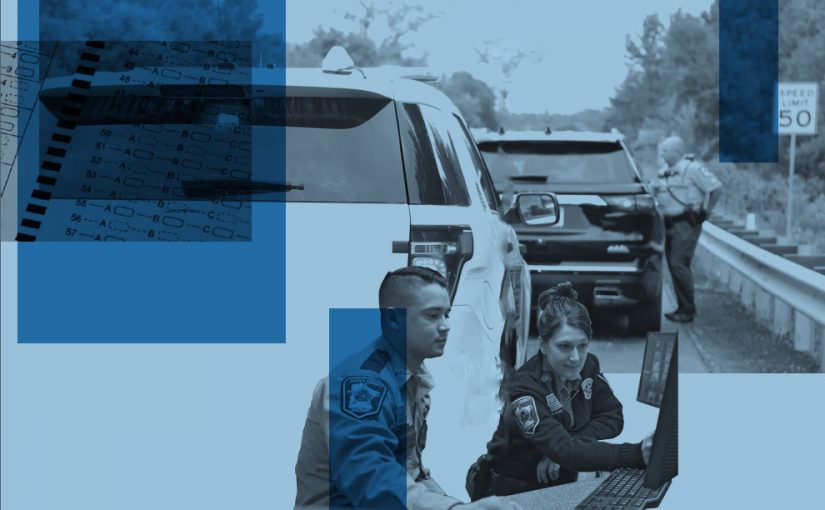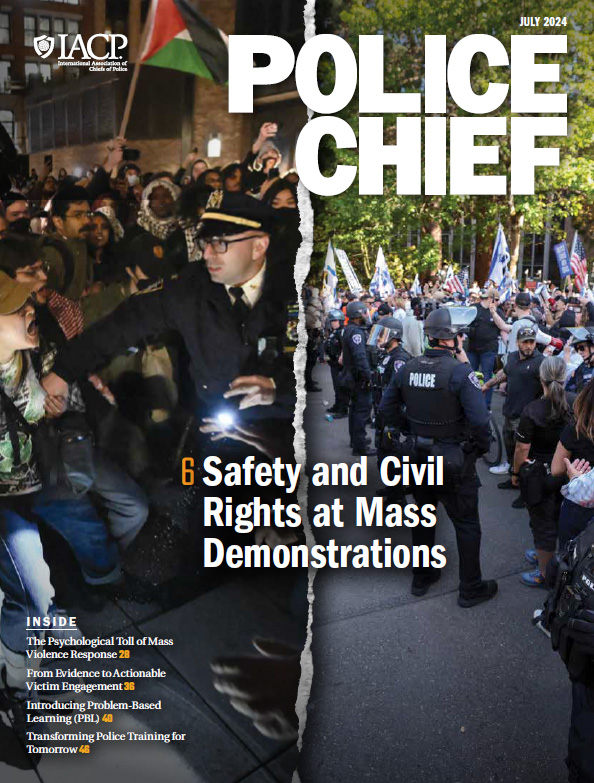
The policing profession has undergone what many have termed a “crisis of legitimacy” over the past few years. Although racial tensions are not new to U.S. policing, the 2014 shooting of Michael Brown in Ferguson, Missouri, brought allegations of racial bias back to the forefront of the conversation about police legitimacy. Relatedly, around the same time, the law enforcement community began to pay more attention to implicit bias, particularly the notion that officers might not display explicit discrimination, but their behavior, judgments, and decisions can still be influenced by biases. Given the research confirming that implicit biases exist in people across many professions, it is highly likely that police officers also have implicit biases. It is even possible that police officers may experience greater implicit bias against particular groups given their exposure to those groups in fraught situations. The possibility of the perception of threat—influenced by bias—instead of actual threat driving police behavior is a major social concern. Many police departments are implementing implicit bias training in an attempt to reduce this risk.


